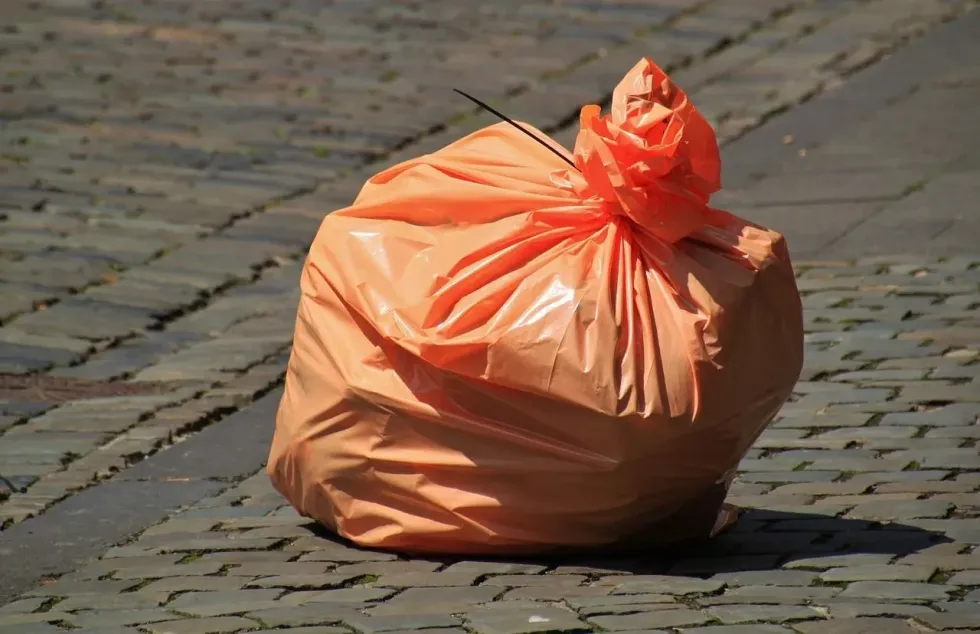The effect of plastic pollution is very negative because plastic sticks around the environment for years and decades, harming wildlife and sea life, also negatively affecting our health with its lethal properties.
Plastic waste in the world today is alarmingly on the rise and has been for a long time now. It is high time we address this issue on every level and take action.
With our ever-increasing use of plastic, producing an average of 661,387 million lb (300 million MT) of plastic every year or 1,812 million lb (0.82 million MT), everyday we are endangering not only our lives but also lives of upcoming generations.
The most worrying aspect of it all is that only 9% of plastic litter is recycled. Further, it has been estimated that by the year 2050, we will have added so much plastic into seas of the world that it will outnumber fish, which is devastating.
However, that is not all: there is much more to know about the consequences of our daily actions.
Read on to understand the adverse effects of plastic on the world and afterward also check out facts on three magnetic metals and facts about potassium.
Fun Facts About Plastic
You see plastic everywhere, but have you ever stopped to wonder about its composition, durability, or anything other than how to use it? No? It's okay, because we will be covering all that and more here.
Plastic waste is essentially the accumulation of plastic objects in the environment leading to an adverse impact. It is therefore essential that we must avoid plastic as much as possible.
When did it all start? The very first plastic to have ever existed came to light in 1907.
It was created by a chemist from Belgium, Leo Baekeland, and it is said that almost every plastic produced since then exists to this day. This is because, for plastic to submerge into the ground, it takes an average of 450 years, and an individual plastic bottle can take up to 50 to 80 years to decompose.
The amount of energy that is needed for plastic to get recycled is so substantial that it can keep a 60-watt bulb running for six hours. Five plastic bottles have enough fiber to make one ski jacket.
Did you know that the whole state of Texas can be covered with the plastic trash generated each year throughout the world?
A species of fungus that resides in the Amazon survives by feeding on plastic.
Furthermore, over 40% of plastic is used only once, with deleterious effects.
Worrying Facts About Plastic Waste
Plastic waste is among our biggest enemies. Knowing more about how and why it holds this position is crucial, so that the next time you use plastic, you will reflect upon these facts and figures.
The level at which we are using plastic is adversely affecting our lives and the lives of our fellow beings, such as animals and sea life.
Of all the marine wreckage or detritus, 80% of it is plastic, and an estimate of 27,998 million lb (12.7 million MT) of it is dumped in oceans every year.
Since the 20th century, a whopping 18,298 million lb (8.3 billion MT) of plastic has existed, which is at par with the weight of millions of elephants and millions of blue whales. What is surreal are the figures of the total percentage of plastic that has been recycled: it is only 9%.
12% has gone up in smoke while 79% of it gets disposed of in landfills.
We use plastic products to consume food, but beware, plastics contain chemicals that can cause health problems such as congenital disabilities, cancer, and cognitive disorders. Producing and using less plastic would be much better for our environment and our health because the majority of plastic is made up of fossil fuels.
Hence, carbon emissions produced from the plastic industry will increase, and it is said that by 2050, 5,952 million lb (2.75 million MT) of carbon emissions will be the result of increasing plastic industries.
Hazardous Facts About Plastic
There is plastic all around us, be it micro or macro plastic. It has taken many lives, primarily of birds and marine animals, and degraded our oceans. We are responsible for it. Each year an overall estimate of a million marine animals die due to plastic waste. It is difficult to pinpoint the exact number.
Not all plastic that we use is recyclable. While you can compost biodegradable plastic at home, non-biodegradable plastic can not be recycled by natural elements and thus causes pollution. The production of plastic bottle caps, food wrappers, plastic bags, and other single-use items creates the most plastic debris.
The amount of plastics we are generating isn't going to see a possible decrease anytime soon and our landfills are filling up at an increased rate. 59,083 million lb (26.8 MT) of plastic were chucked into the landfills in 2017 alone. This is taking up additional space and emanating harmful toxins.
Further, we also consume these toxins through a chemical called BPA, used in manufacturing of polycarbonate plastic.
Plastic has spared nothing, not our food and neither our water. Plastic toxins can cause cardiovascular diseases, cancer, stroke, rheumatoid arthritis, and chronic inflammation.
Facts About Plastic Pollution
The production of plastic uses approximately 8% of the world's oil. Microplastic has become the center of the underlying issue.
What are they? Microplastics are those plastic pieces that turn into small chunks of plastic. Owing to their small size, they can be found anywhere, so you cannot stop them from polluting even when it is right in front of you. Animals or birds that dig deep in the ground are significantly exposed to their dangers.
The worst of these plastics are single-use plastics. We need to replace a one-time plastic bag from shopping with a grocery bag made of cloth. Another huge culprit is plastic straws. People use about 500,000 straws daily. Why can we not use a better alternative?
To bring this trend to an end, some countries have imposed a complete ban on plastics, and according to a UN report, around 77 countries have some form of laws when it comes to banning plastic. Some of these countries include Kenya, who is said to have the most rigid regulations; Thailand; China; Bangladesh; South Africa; Australia; and Denmark.
While much is still to be done by governments, the general public, too, needs to take this matter seriously. You do not have to do much but you can take action individually. That would be a start.
Despite all our wrongdoings, nature gives us another chance each morning. The sun rises, seasons change, and it provides its people another opportunity to be better than yesterday. It's important to preserve our lovely Earth for our next generation. Banning plastic and finding an alternate biodegradable solution is one way forward.
Here at Kidadl, we have carefully created lots of interesting family-friendly facts for everyone to enjoy! If you liked our suggestions for 91 facts about plastic then why not take a look at three types of magnets or is silver magnetic.








